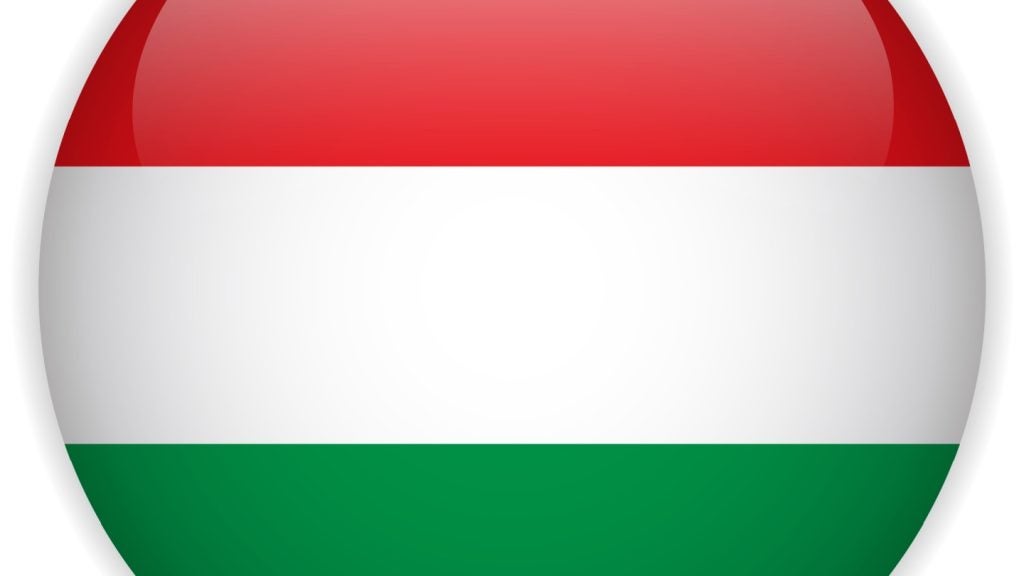Prior to Citi’s AppsEconomy Conference on 5 January, AT&T reported that WarnerMedia owned HBO Max and HBO had around 73.8 million subscribers across the globe at the end of 2021, comfortably above the 70–73 million target range set in the Q3 2021 quarterly earnings report. This figure represents a growth of 9.2% from 67.5 million in June 2021 and includes HBO’s pay TV customers who opt-in for HBO through cable and satellite TV operators, and not just standalone streaming subscribers.
HBO Go launched in 2010 in the US, followed by HBO Nordic in 2012. The platform expanded globally with the US launch of HBO Max in May 2020 and the Latin and South American launch in June 2021. This new pay online video service replaced HBO Nordic in Denmark, Finland, and Norway and launched in Andorra and Spain for the first time in October 2021. WarnerMedia is planning to launch in over 60 markets by the end of 2022, rising to 190 by 2026—in most of which local viewers are not familiar with HBO as a premium TV content brand.
More changes for WarnerMedia
Despite the impressive growth in HBO Max’s subscriber base, parent company AT&T is in the process of merging WarnerMedia with Discovery’s video entertainment and sports division to create Warner Bros. Discovery. AT&T is expected to receive around $43 billion in a combination of bonds, cash, and WarnerMedia’s retention of a proportion of its debt. AT&T’s current shareholders will receive 71% of the new stock in Warner Bros. Discovery, with the remaining 29% going to the current shareholders of Discovery Inc.
Discovery’s recent global expansion through the launch of its direct-to-consumer Discovery+ online video service aligns well with HBO Max’s expansion and WarnerMedia’s other news and video entertainment brands—such as CNN, Cartoon Network, TNT, TBS, truTV, and HLN. Discovery’s press release from the announcement date mentioned “at least $3 billion in expected cost synergies” for the new company, which will allow it to “increase its investment in content and digital innovation, and to scale its global DTC business”.
The European Commission approved the proposed merger on December 22 last year and it is expected to close in the second half of 2022. AT&T failed to effectively combine content production and distribution with providing traditional fixed-line services and the merger was necessary to lower the US telco’s growing debt. The deal announcement in May 2021 indicated that AT&T’s expectations to increase revenues and net earnings with the 2018 acquisition of Time Warner—the parent company of WarnerMedia—for $85 billion, were misguided.
On GlobalData’s Internet TV Thematic Scorecard, AT&T ranks 15 out of 49. Amazon and Netflix ranked first and second, respectively, mainly due to their superior utilization of AI and audio streaming. AT&T only scored one out of five on the theme of AI, whereas Amazon and Netflix scored five and four, respectively. Discovery ranks 31 out of 49 on the scorecard, scoring one on AI and social media and scoring two on Covid-19. A score of one or two is highlighted in red, which alerts investors or stakeholders that in the next 12 months the themes will negatively impact the company’s revenue. As a result, investing in AI will be crucial for the newly formed media content powerhouse.
How well do you really know your competitors?
Access the most comprehensive Company Profiles on the market, powered by GlobalData. Save hours of research. Gain competitive edge.

Thank you!
Your download email will arrive shortly
Not ready to buy yet? Download a free sample
We are confident about the unique quality of our Company Profiles. However, we want you to make the most beneficial decision for your business, so we offer a free sample that you can download by submitting the below form
By GlobalData







Related Company Profiles
Amazon.com Inc
AT&T Inc
Netflix Inc
Discovery Ltd
TBS Holdings Inc